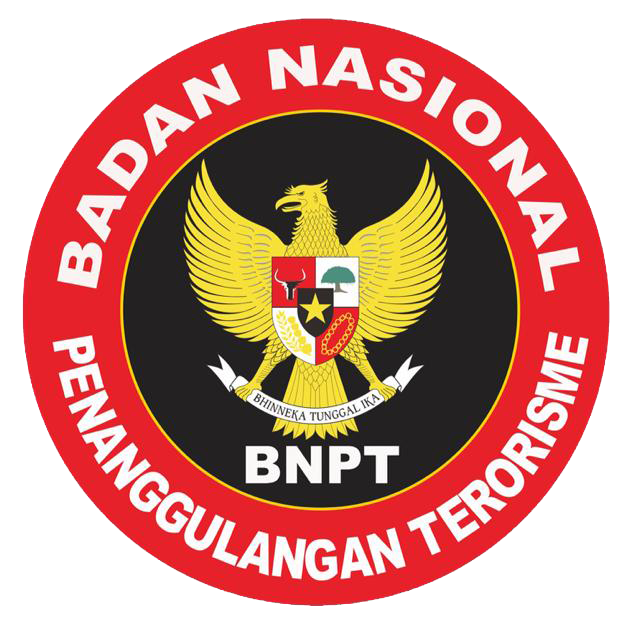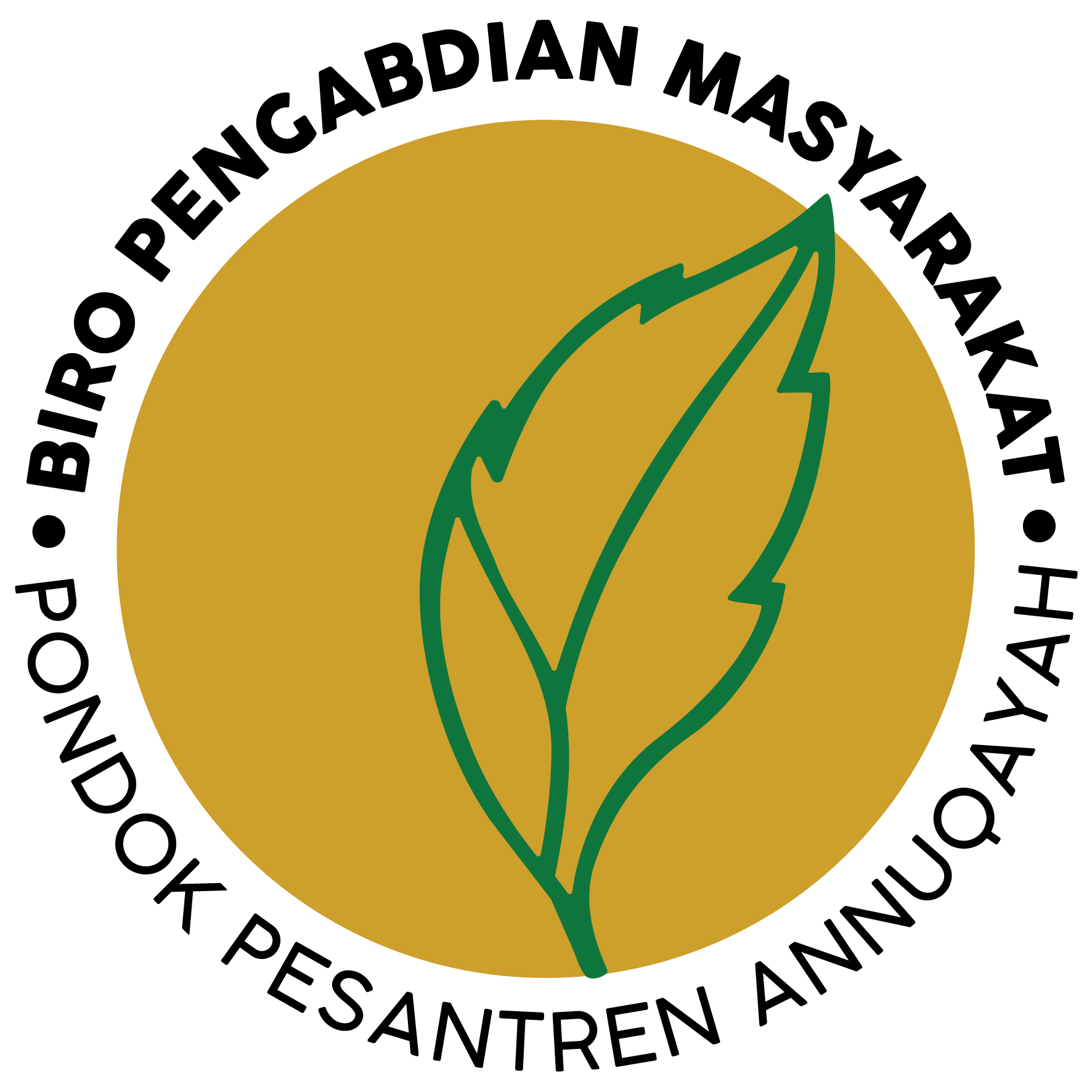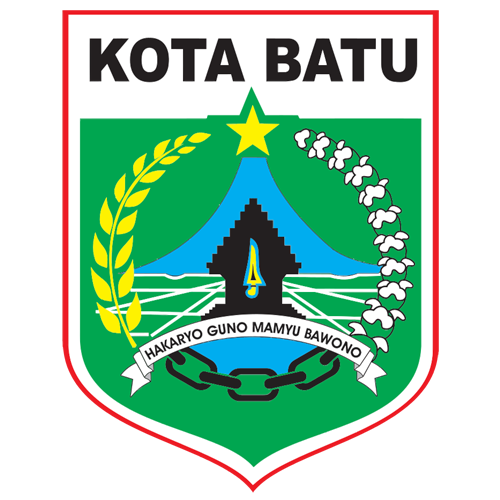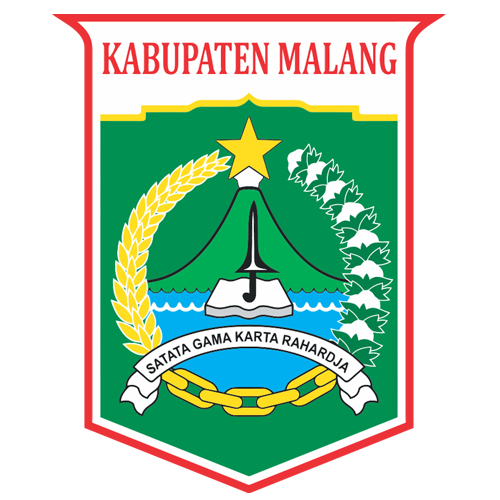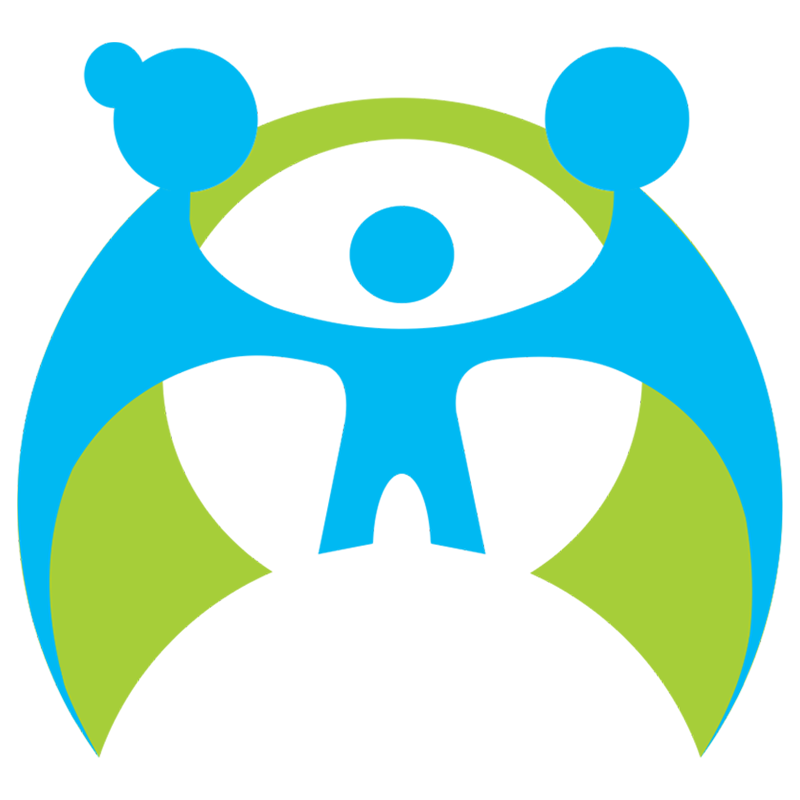Wahid Foundation Holds Technical Workshop for Women Empowerment and Sustainable Peace in Bima City

Bima City – UN Women, in collaboration with the Wahid Foundation and supported by the Korea International Cooperation Agency (KOICA), conducted a Technical Activity Guide & Meeting Workshop with La Rimpu and LP2DER for the Women Empowerment for Sustainable Peace 2024-2026 Program on Saturday and Sunday (July 20-21, 2024).
During the event, Wahid Foundation Program Officer, Davida Ruston Khusen, representing the Acting Executive Director Siti Kholisoh, provided an introduction to the history and mission of the Wahid Foundation.
“Originally named Wahid Institute, the organization changed its name to Wahid Foundation in 2016. Our primary mission is to continue the humanitarian vision inherited from Gus Dur. We aim to promote a peaceful and tolerant Islam, strengthen civil society, and foster peace dialogue,” Davida explained.
In addition to its vision and mission, Davida noted that the Wahid Foundation is committed to implementing nine core values of Gus Dur in every program. These values are: humanity, justice, monotheism, simplicity, traditional wisdom, chivalry, brotherhood, equality, and liberation.
“The Wahid Foundation has been involved in various impactful programs that directly engage with communities. Some of our flagship programs include Desa Damai, Gus Dur School of Peace (GDSP), Sekolah Damai, Eco-Islam, Gusdurian for Humanity, and Freedom of Religion and Belief (KBB) Research. These programs focus on empowering women and youth, strengthening communities, and addressing disaster and social conflict,” Davida elaborated.
Specifically, Davida detailed that the Desa Damai program, which began in 2017, aims to promote the role of women as peace agents at the local level.
“The Desa Damai program has four main pillars: economic empowerment, peacebuilding and social conflict resolution, strengthening women’s group participation, and sustainable environmental preservation,” she said.
Additionally, Davida mentioned that the Wahid Foundation developed the Sekolah Damai program, focusing on education in West Java, DKI Jakarta, East Java, and Central Java. In 2022, this program successfully advocated for the provincial government to adopt the Sekolah Damai concept in 80 schools across 30 regencies in Central Java. The program promotes inclusive policies, tolerance practices, and student organization management that does not discriminate based on religious background.
“The Wahid Foundation also runs the Gus Dur School of Peace program, which aims to train youth in Gus Dur’s values and provide online training through a Learning Management System (LMS). Participants are trained in community management using media technology and in developing their community social projects,” she added.
Furthermore, Davida noted that the Wahid Foundation consistently publishes the Freedom of Religion/Belief (KBB) report in Indonesia since 2009. The KBB report contains information, data, and analysis on state and non-state violations in Indonesia. It also includes monitoring results of legislation and policies related to religious freedom.
“All our programs are inspired by Gus Dur’s nine core values, and we hope to collaborate with La Rimpu and LP2DER to address any potential resistance that may arise. To date, we have established 34 Desa Damai across West Java, East Java, NTB, Bima, Poso, and South Kalimantan. We hope this program will continue to grow and benefit the community,” concluded Davida.
The technical workshop for program implementation lasted two days and aimed to introduce the organization's SOPs, program management and governance, as well as planning the activity timeline with LP2DER and La Rimpu. (ZA)






